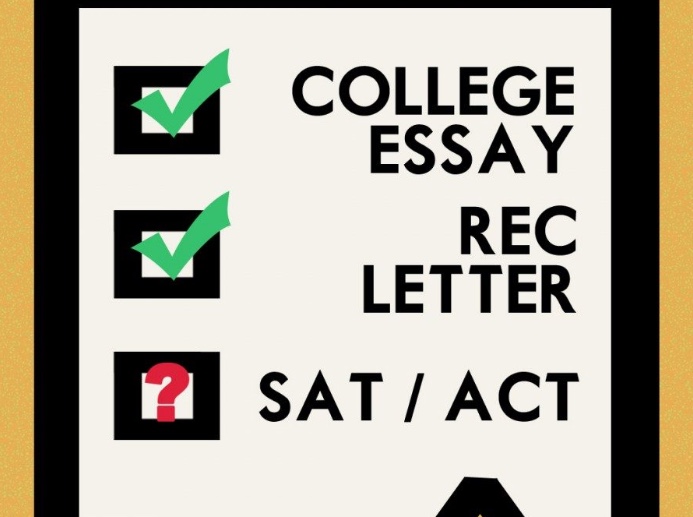A crucial step in the gauntlet that is the college application process has always been the SAT. When the majority of schools went test-optional in 2020, most high school juniors and seniors breathed a sigh of relief. Yet now, with the recent reactivation of the SAT/ACT requirement at Dartmouth University and Yale University, many are wondering whether the most dreaded standardized test of high school will make a comeback; it absolutely should.
During the COVID-19 pandemic, with testing centers shutting down and college application season in full swing, it made sense for universities to implement “test-optional” policies. After all, how could it be expected for students to take an exam with nowhere to take it? But why, after almost a year since the pandemic’s official end, are approximately 80% of colleges still following this protocol?
Proponents of the “test-optional” policy argue that the SAT/ACT is inherently flawed and that how it tests students is no reflection of their intelligence or how smart they are, only of their socioeconomic and cultural status. It is often called an “unhelpful test that doesn’t accurately assess students and is a barrier to admissions”. But if this is true, and colleges believe it to be so, why are they still accepting and considering these scores?
According to an analysis of admissions data over several years conducted by Dartmouth economics and sociology professors, the SAT/ACT is an important predictor of academic success at rigorous schools like Dartmouth. The analysis found that students with higher SAT/ACT scores are more likely to have a higher college GPA than their peers with lower scores. Furthermore, students who choose not to submit their SAT/ACT scores on average achieve relatively lower college GPAs.
Of course, the SAT/ACT is not the only aspect of a student’s application that comes into consideration for a college acceptance. It is vital that schools, even those reactivating the SAT/ACT requirement, continue a holistic admissions approach, as Dartmouth has emphasized. However, it is important to note that the analysis conducted by Dartmouth University also found that “high school GPAs do a poor job of predicting academic success in college”. Universities need to have a ground-level predictor of how any particular student will fare at their institution, even if it is not the end all be all of the decision.
The correlation between SAT/ACT scores and college performance begs a bigger question: how true are colleges being to their word and not weighing these scores as highly as other parts of a student’s application? A survey conducted in 2019 and reported in the National Association for College Admission Counseling found that “83 percent of colleges considered admission test scores to be of ‘considerable’ or ‘moderate’ importance.”
While it is likely that this percentage has gone down during and after the COVID-19 pandemic, how much has the test’s importance truly diminished in the college admissions process? It is likely not a coincidence that the acceptance rate for incoming class of 2022 students who submitted SAT/ACT scores was significantly higher than those who opted not to submit their scores in multiple universities such as Amherst, Boston University, Barnard and Georgia Tech. In fact, despite enrolling many students who did not submit scores in recent years, Yale analyses found that “applicants who withheld scores were less likely to be admitted”.
Furthermore, the students of higher socioeconomic status, who have college and well-versed school counselors available to them, understand this policy discrepancy. The College Board reported that in 2022, only 27 percent of SAT test-takers who reported their family income came from families earning less than $67,083 in contrast to the 43 percent of test-takers whose families earned less than $60,001 in 2016 when the SAT was mandatory.
For wealthier students, this trend is quite the opposite. The College Board reported that “in 2022, 57 percent of test takers who reported their families’ earnings were from households earning $83,766” compared to the “46 percent of student test takers whose families earned $80,001 or more in 2016”.
Institutions like Dartmouth and Yale consider students’ applications “[concerning] local norms of their high school,” so despite having a lower score than the college’s mean numbers, a high-achieving under-resourced student who has a score a few hundred points above the mean score at their school is likely to benefit from submitting it in their college application. Unfortunately, in a “test-optional” system, schools are more likely to miss this crucial information and therefore not accept the students.
While SAT/ACT scores reflect “inequality in society and educational systems across the nation,” they are a crucial part of the college admissions process and should therefore be required by schools across the country.















